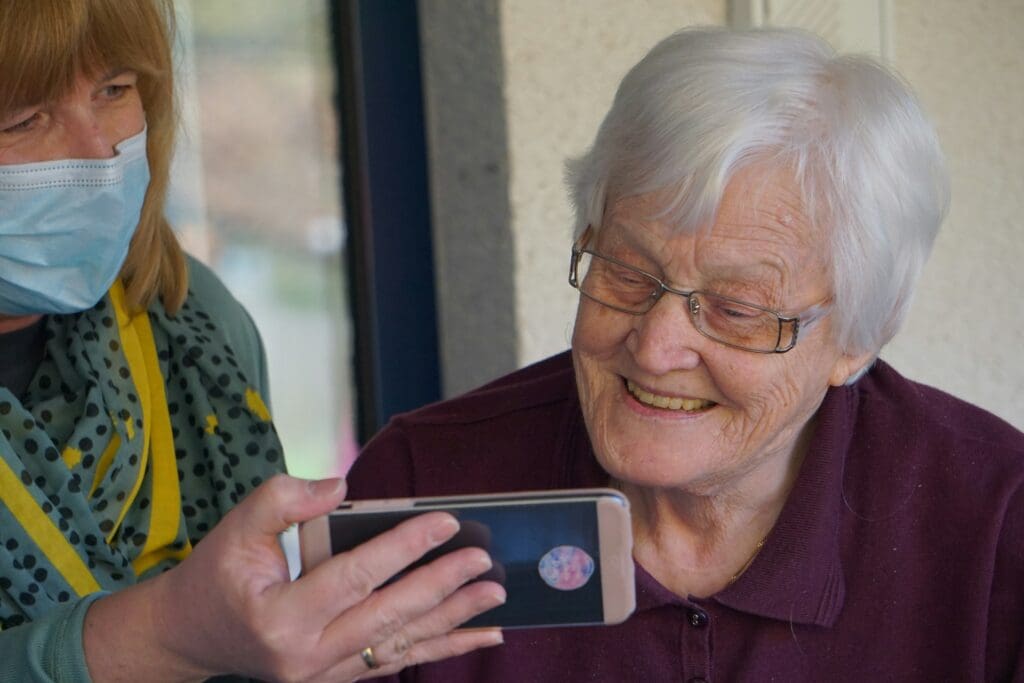Caring for a loved one with dementia presents unique challenges and requires a compassionate, personalized approach. In Auburn, Help At Home Senior Care is leading the way in providing tailored dementia care solutions that respect the individuality and dignity of each client. This article explores the significant advantages of choosing personalized dementia care at home, highlighting why it's a preferred option for families in Auburn.
Customized Care Plans for Individual Needs
Every individual with dementia has a unique set of needs, preferences, and routines. Help At Home Senior Care understands this and offers customized care plans designed to address the specific requirements of each client. By focusing on the person, not just the condition, these tailored plans promote a higher quality of life. Caregivers take the time to learn about the individual's hobbies, interests, and life story, ensuring activities and care are meaningful and engaging.
The customization extends beyond activities to include personalized meal plans, medication management, and support with daily living activities. This level of attention ensures that your loved one not only receives the care they need but also enjoys a sense of normalcy and comfort in their daily routine.
The Comfort of Home
There's no place like home, especially for individuals with dementia. Staying in familiar surroundings can significantly reduce anxiety and confusion, providing a stable environment that supports mental and emotional well-being. Help At Home Senior Care's dementia care services in Auburn allow your loved one to remain in the comfort of their home, surrounded by memories and possessions that are dear to them.
Receiving care at home also means that family and friends can visit without the restrictions often found in traditional care settings. This openness encourages social interaction, which is crucial for maintaining connections and supporting mental health.
Dedicated One-on-One Attention
Personalized dementia care at home offers the benefit of one-on-one attention from professional caregivers. This dedicated support ensures that your loved one's needs are promptly met, from assistance with personal care to help with mobility. The consistent presence of a caregiver also allows for the early detection of any changes in health or behavior, enabling timely adjustments to care plans.
Moreover, the strong, trusting relationships that develop between clients and caregivers can significantly enhance the overall care experience, providing comfort and reassurance to families that their loved ones are in good hands.
Adaptable Care for Changing Needs
Dementia is a progressive condition, and care needs can change over time. Help At Home Senior Care's flexible approach allows for care plans to be adjusted as needed, ensuring that your loved one always receives the appropriate level of support. Whether it's increasing the hours of care or adapting services to meet new challenges, the team is committed to providing continuous, uninterrupted care.
Take the Next Step
If you're considering personalized dementia care for a loved one in Auburn, contact Help At Home Senior Care today. Schedule a consultation to discuss your loved one's needs and learn more about how customized care plans can make a difference. Visit our website for further information on our services and to subscribe to our newsletter for updates on dementia care tips and resources. Let us help you provide the compassionate, individualized care your loved one deserves.

